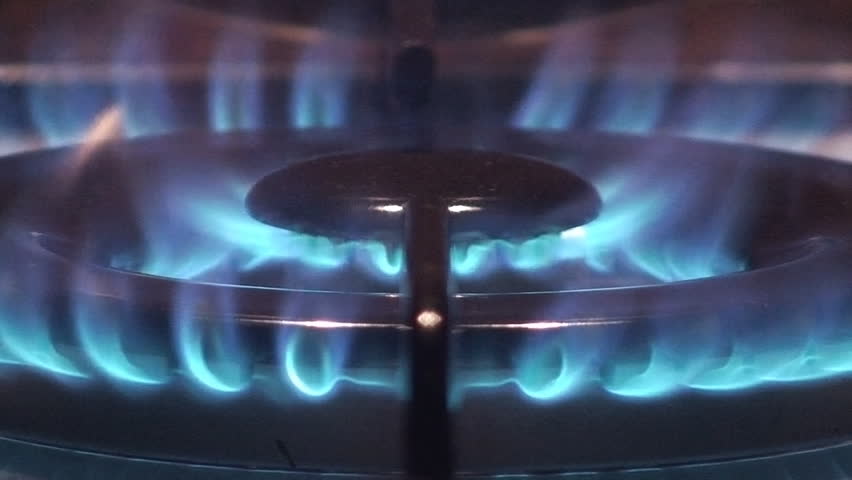BurnerAlert, Stove Alarm, Stove Alert, Stove Reminder, Stove Safety
Can leaving the stove on cause a gas explosion?
Can leaving the stove on cause a gas explosion?
This is what PSE&G says about Gas Stove Safety:
(please all credit goes to PSE&G – please visit their website for more information)
Natural Gas Safety
Here in New Jersey, PSE&G delivers safe and reliable natural gas service to some 1.2 million customers.
- Nationwide, natural gas is delivered to about 175 million American consumers through a 1.3 million mile network of underground pipe. Natural gas is clean-burning and safe because of its narrow combustion range, igniting only in a 5 to 15 percent gas-in-air mixture. Its non-toxic nature, both before and after burning, allows it to be used safely in various applications and makes it environmentally superior to other fossil fuels.
- The use of Natural gas is the primary energy used for home heating by some 55% of American homes. It is being used increasingly in electric power generation and cooling, and as a transportation fuel.
Natural Gas Safety Tips:
Natural gas is a colorless, odorless hydrocarbon that’s nearly 100% combustible. It is primarily composed of methane; however, small amounts of ethane, nitrogen, and carbon dioxide are also part of its chemical makeup. For safety purposes, a chemical odorant is added, making the presence of gas detectable.
If you smell gas in your home:
- Put out all open flames. No smoking. Do not attempt to light any appliances.
- Remember, Don’t touch electric switches, thermostats, appliance controls or electric panel breakers. These items may cause sparks that could lead to an ignition.
- and do not use an automatic garage door opener.
- or start your car if it is in the garage or close proximity to the house.
- Open windows and outside doors for ventilation.
- If the odor is strong, don’t use your telephone or cell phone inside the house.
- Leave the premises on foot and call 1-800-880-7734 (PSEG) from a neighbor’s home and remain outside until PSE&G arrives. PSE&G provides 24-hour emergency service every day of the year. PSE&G technicians are expected to respond to leak emergencies within 60 minutes.
- Do not assume someone else will report the condition.
- PSE&G does not charge customers for responding to gas leak emergencies.
If the basement has flooded and needs pumping out and you have access to the gas, turn it off before pumping out the basement. If you’re unable to turn the gas off yourself, PSE&G urges you to contact your local fire or municipal authorities before pumping out your basement.
Underground Gas Leak – Warning Signs:
YOU:
- smell natural gas outside. Natural gas smells like rotten eggs.
- hear a hissing sound coming from the ground.
- see dirt blowing from a hole in the ground.
- can see a ring or circle of dead grass or vegetation in a lawn area.
- If you see evidence of an outside gas leak, please call 1-800-880-7734 (PSEG) from a neighbor’s home and remain outside until PSE&G arrives.
All credit belongs to PSE&G Article https://www.pseg.com/home/education_safety/safety/gas_safety.jsp
I have the One Solution that will Help prevent the gas stove being left on accidentally.
Turn up your device volume and click play. You will love this solution.
Click here to see BurnerAlert Store.
The BurnerAlert is designed to emit audio and visual alerts anytime the stove knob has been turned “ON”. If the knob is turned “ON” the BurnerAlert is working, whether the FLAME is ON or OFF. The alerts are a preset sequence of audio beeps and visual blinks. The sequence of alerts will continue until the knob has been turned to the “OFF” position. The beeping intervals occur at startup and then at 3 minutes, 9 minutes, 15 minutes, and then every 15 minutes until the knob is turned OFF. The blinking alert occurs every 7 1/2 minutes. Each beeping alert is a series of 3 beeps repeated 3 times followed by 30 seconds of blinking.


